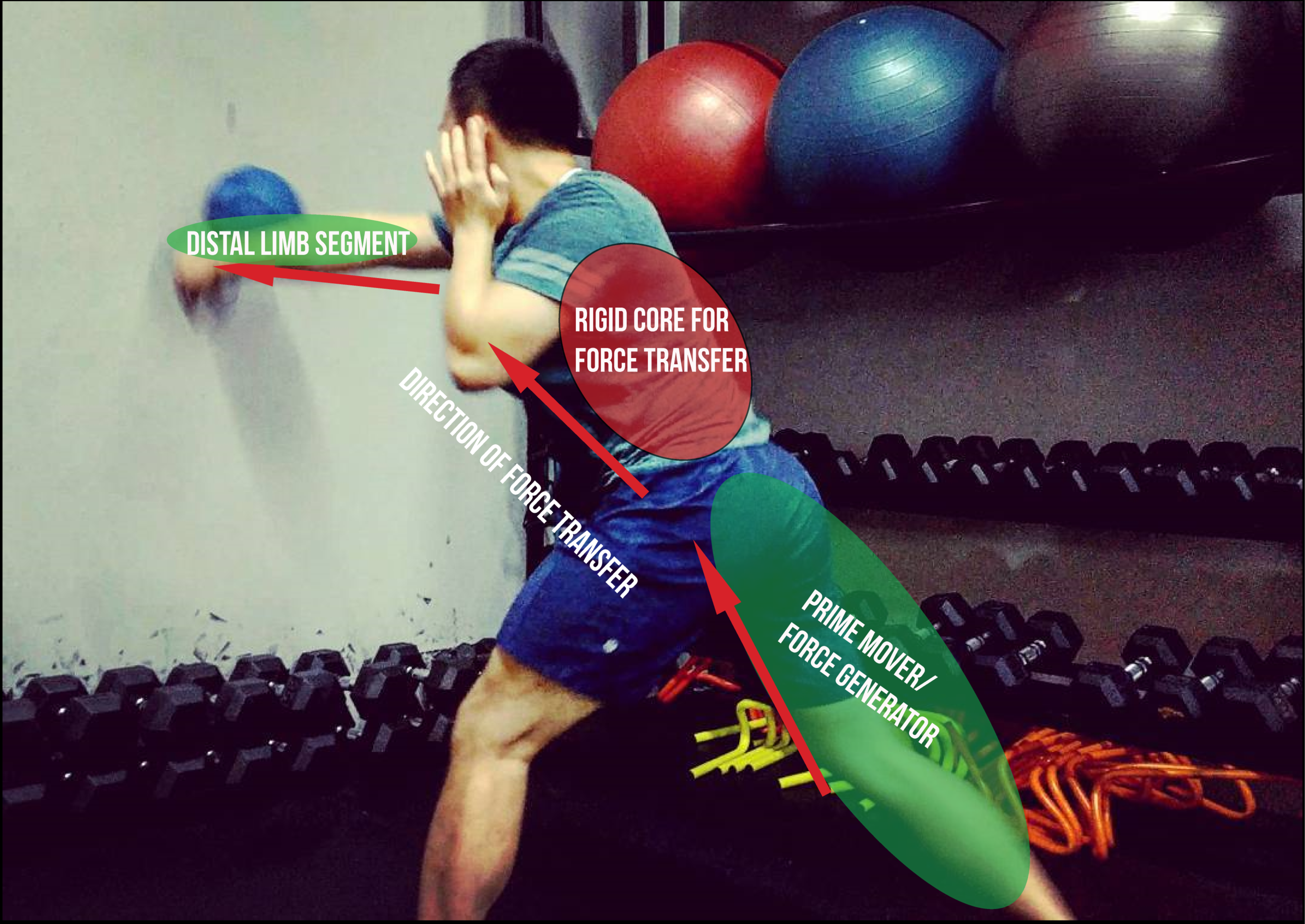My Thoughts on the FMS (Functional Movement Screen)
FMS Certification For Trainers & Coaches: Good Idea? Or Stay Away?
I recently had someone ask me whether getting the FMS certification was worth it. Like many questions, I answered... "it depends".
For those who don't know, the FMS (functional movement screen) is a fitness assessment created to look for "movement dysfunction". The FMS can be a good tool for new personal trainer and coaches to use as an initial assessment and as practice as they become more familiar with human movement. But becoming dependent on an arbitrary set of exercises to understand movement dysfunction and predict injury risk is something many trainers and coaches should avoid as they progress through their career.
Using pre-determined movements and quantifying movement quality is the complete opposite of conscious coaching and dismisses the idea of movement variability.
Conscious coaching requires adaptability and interaction.
Stop staring at your piece of paper; start watching your athletes and patients move. Figure out which movements are required in their sport or daily life because the definition of "functional" movement varies from sport to sport and one environment to the next. Talk to your athlete or patient about their confidence (or uncertainty) about particular body positions or movements. Design well-structured training programs that control for load, fatigue management, and injury reduction. Since your athletes and patients will most likely come from many different backgrounds, conscious coaching and assessment will do heaps more than some standardized test will.
This is not to say I'm against writing anything down. Notes should be taken when necessary.
Instead of writing: "Scored a 2 on the lunge test", a conscious coach will watch their athlete and note: "knee valgus during fast change of direction when running - check hip and leg complex and assess previous injury history and running/agility technique."
Some argue that the fact that FMS can be standardized to help sports teams. Several of studies have come out showing that their findings do not support the "predictive validity of the FMS" and that the FMS does "not relate to any aspect of athletic performance", so using an invalid assessment is stubborn and a waste of precious time, no matter how consistent it is. Can the FMS be useful? Of course. But consider the picture blow:
The FMS is 8% better than a coin toss. Let that sink in.
Like I said earlier, the FMS can be useful for new trainers and coaches. However, the end goal should be to acquire enough knowledge on human movement, motor learning, movement variability and training load to be able to consciously watch our athletes and clients. The FMS is not a game-changer and I would advise you to consider whether or not getting certified will help you towards your goals given your current experience level.
Be adaptable.






![[Published on SimpliFaster.com] Individualizing and Optimizing Performance Training For Basketball](https://images.squarespace-cdn.com/content/v1/55072bf0e4b055a8f66250e9/1559464401554-UTSFUHZQUTNOISFNVX1P/Daryyl-Wong-Court.jpg)






